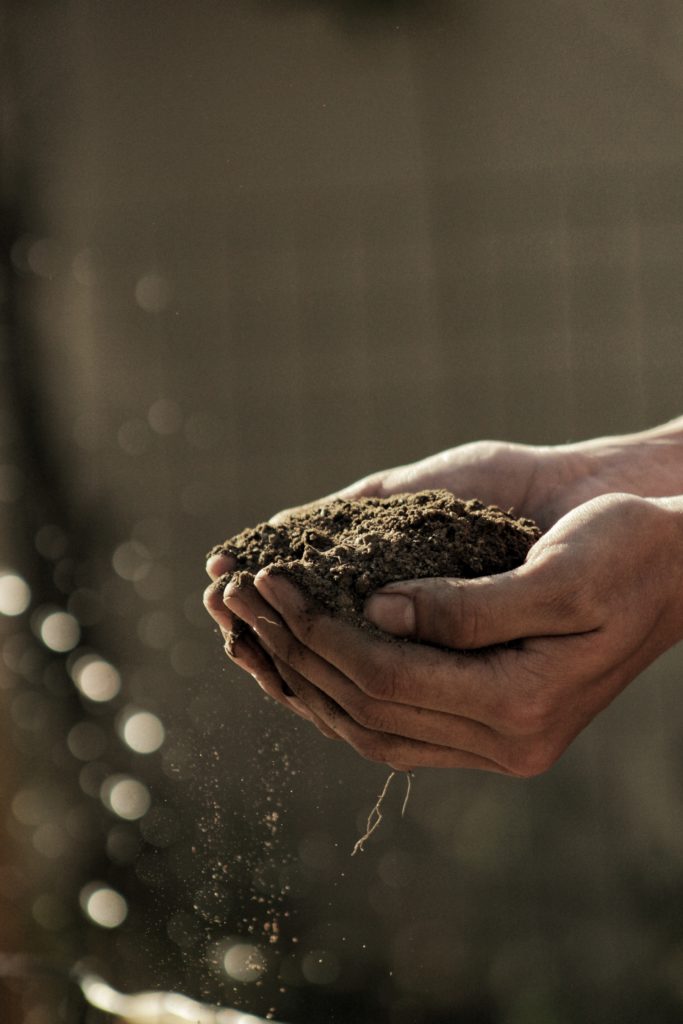
10 Health & Wellness Strategies to Try During COVID-19
As the dairy industry and agriculture community faces the COVID-19 (coronavirus) situation, it’s natural to feel stressed, overwhelmed, anxious, lonely, or scared.
According to CNBC, “during this difficult time, it’s important to continue looking after your physical and mental health. This will not only help you in the long-term, it will also help you fight COVID-19 if you get it.”
In the midst of new constraints and challenges on business, it’s essential that the dairy industry supports one another and remains committed to our health and wellness. Follow these expert-backed strategies to cope with mental health struggles during this time.
1. Find small ways to stay positive.
“If more than one person is hunkering down in the same place, shared activities, such as playing with children or having conversations that focus on pleasant topics, can be positive distractions.” – NBC News
2. Connect with loved ones.
“It’s normal to feel stressed, confused and scared during a crisis. Talking to people you know and trust can help.” – CNBC
“If a person is alone, connecting with loved ones — even if it’s virtually through FaceTime, Zoom or Skype — is essential.” –NBC News
3. Be compassionate.
“It’s a good time to stock up on compassion. Everyone will have different levels of fear and grief and it manifests in different ways. A coworker got very snippy with me the other day and I thought, That’s not like this person; that’s how they’re dealing with this. I’m seeing their fear and anxiety. So be patient. Think about who someone usually is and not who they seem to be in this moment.” – Harvard Business Review
4. Exercise and stay active.
“Aerobic exercise, especially if it’s something that’s already part of your daily routine, could also mitigate anxiety. If you can find a natural space nearby that’s open and free of crowds, this might be best for you … but even if you are the midst of a quarantine, simply getting up to walk around your space frequently could help.” –Good Housekeeping
5. Try to focus on the present.
“Our fear is about the future. It’s what we anticipate … but if you stop and say, ‘I am healthy in this moment,’ it pulls you out of rumination and anxious, helpless preoccupation. Your brain will come to this moment of quiet realization. ‘Things are not great, but they’re basically OK. I am still surviving.’ It gives you more of a sense of agency.” – The New York Times
“Come into the present. This will be familiar advice to anyone who has meditated or practiced mindfulness but people are always surprised at how prosaic this can be. You can name five things in the room. There’s a computer, a chair, a picture of the dog, an old rug and a coffee mug. It’s that simple. Breathe. Realize that in the present moment, nothing you’ve anticipated has happened. In this moment, you’re okay. You have food. You are not sick. Use your senses and think about what they feel. The desk is hard. The blanket is soft. I can feel the breath coming into my nose. This really will work to dampen some of that pain.” – Harvard Business Review

6. Unplug from technology.
“It’s not about turning everything off to “stick your head in the sand,” so to speak. It’s about choosing once or twice a day to keep yourself abreast of the latest recommendations from the CDC or the WHO, or a public health epidemiologist you trust, and interweaving well-trusted news when you feel it’s right to do so.” –Good Housekeeping
7. Set small goals.
“Set a reachable goal for the day, whether it’s practicing the piano for 20 minutes, trying a new recipe or exercising. A second daily essential is finding an element of pleasure: eating a delicious snack or taking a bath, for instance.” – The New York Times
8. Stick to your routine, if possible.
“Stay on a routine of sleeping, waking, taking medications and eating at regular times. Screen time and intensely focusing on news updates should be compartmentalized.” – NBC News
“While anxiety has a tendency to disrupt your sleep schedule, trying to keep your sleep routine as consistent as possible (and getting at least 7 hours) will actually increase your ability to deal with stress during the day.” –Good Housekeeping
9. Find balance in your thoughts.
“The goal is to find balance in the things you’re thinking. If you feel the worst image taking shape, make yourself think of the best image. We all get a little sick and the world continues. Not everyone I love dies. Maybe no one does because we’re all taking the right steps. Neither scenario should be ignored but neither should dominate either.” –Harvard Business Review
10. Help someone else.
“Every hand that we don’t shake must become a phone call that we place. Every embrace that we avoid must become a verbal expression of warmth and concern,” Rabbi Yosef Kanefsky told his congregants last week.
We do have the power to provide support to others. Write down people’s names, thinking of those most likely to be in need because of their age or medical situation or if they live alone. We ourselves are much less likely to feel panicked if we channel our anxiety into, ‘Who can I help right now and how can I help them?’” – The New York Times

